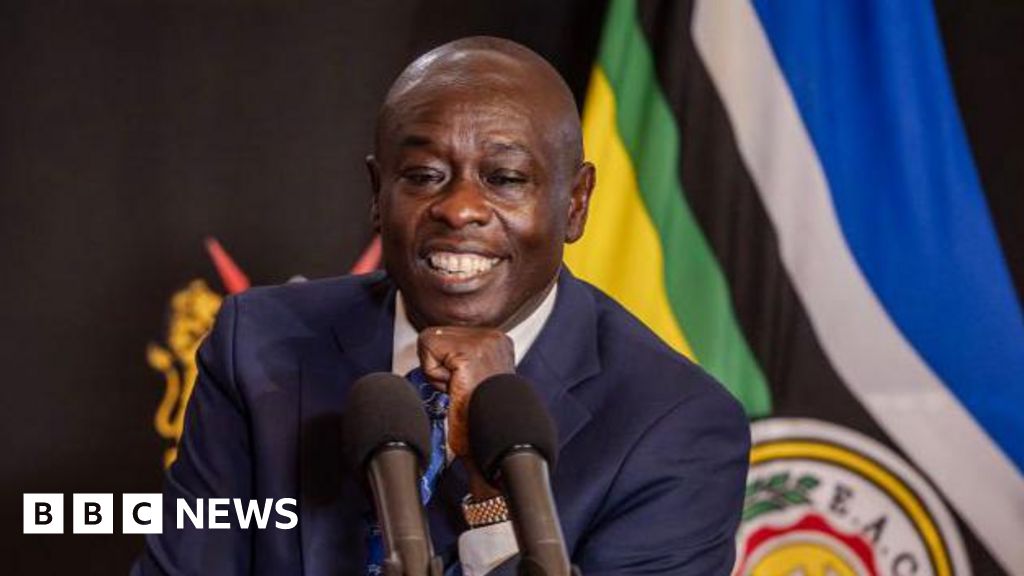Place your adverts here on InfoDig @ low rates; banner ads, sponsored links and guest articles etc. Contact us
By Adedapo Adesanya
The Federal Inland Revenue Service (FIRS) has allayed the fears of Nigerians that the government was planning to introduce new taxes through the proposed tax reform laws.
The chairman of the agency, Mr Zacch Adedeji, while speaking at the Senate Committee on Finance, said the proposed changes to the tax laws were to increase the simplicity, and efficiency of tax administration and obliterate the multiplicity of taxes, without the intention of merging any agency.
Some lawmakers, however, openly expressed their misgivings about the bills.
The FIRS boss stated that the present name of the agency does not cover the scope of its services, like the Value Added Tax (VAT), 85 per cent of which according to him goes to the states and 15 per cent to the Federal Government.
He explained that the reforms will drive efficiency and modernization, simplify tax laws, ensure synergy among agencies involved, increase efficiency and effectiveness in government savings, promote transparency and integrity in revenue collection and broaden Nigeria’s tax base.
The Senate hopes to convene another meeting with the service before a scheduled public hearing on the matter.
Recall that 10 new bills have been sent by the President Bola Tinubu administration to the National Assembly proposing constitutional changes to Nigeria’s tax laws.
Nigeria currently operates a progressive personal income tax system known as Pay As You Earn (PAYE). Under this system, taxpayers receive a 20 per cent tax-free allowance, after which taxes are levied on a sliding scale.
The rates start at 7 per cent for the first N25,000 of monthly net income and increase to a maximum of 24 per cent for net incomes above N133,000 monthly.
This structure results in effective tax rates lower than the highest marginal rate of 24 per cent, with high-income earners currently paying around 19 per cent on annual incomes over N100 million.
The proposed changes aim to increase the contribution from wealthy Nigerians by raising the effective tax rate for high-income earners to 25 per cent.
This adjustment represents a significant shift in Nigeria’s tax policy, potentially impacting the country’s revenue generation.












 English (US) ·
English (US) ·